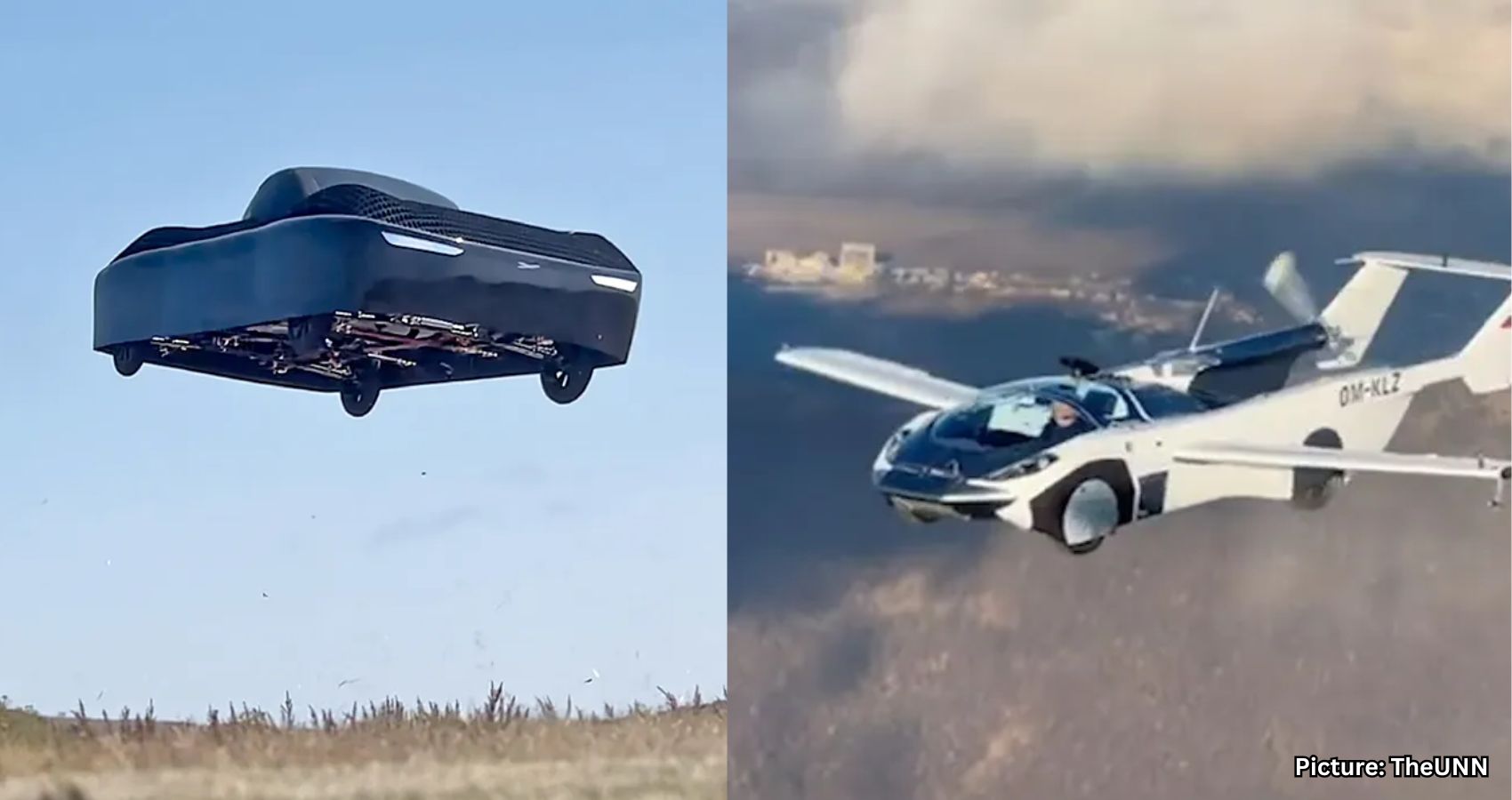Pennsylvania’s Jetsons Act aims to establish regulations for flying cars, positioning the state as a leader in advanced air mobility technology.
Pennsylvania is taking steps to potentially welcome flying cars with the reintroduction of Senate Bill 1077, known as the Jetsons Act. State Senator Marty Flynn from the 22nd District has proposed this legislation during the 2025-2026 Regular Session.
The Jetsons Act seeks to amend Title 75 of the Pennsylvania Consolidated Statutes to create a new legal category for hybrid ground-air vehicles. These innovative vehicles would be capable of operating both on public roads as motor vehicles and in the air as aircraft.
The bill was referred to the Senate Transportation Committee on November 5, 2025. Although a similar version of the bill did not pass in the previous session, Flynn remains dedicated to making Pennsylvania a leader in advanced transportation technology. He believes that establishing a regulatory framework now will enable the state to adapt swiftly when flying cars become commercially viable.
As technology progresses, the gap between existing laws and emerging innovations continues to widen. The rise of advanced air mobility is redefining the boundaries between cars and aircraft. Several companies, including Alef Aeronautics, Samson Sky, and CycloTech, are actively developing vehicles that can take off vertically or transition from cars to small aircraft in a matter of minutes.
Other states are already paving the way for this new era. Minnesota and New Hampshire have passed legislation that formally recognizes “roadable aircraft,” marking them as the first states to classify flying cars as both vehicles and aircraft under state law. Pennsylvania aims to follow suit with its own version through Senator Flynn’s Jetsons Act.
In addition, the Federal Aviation Administration (FAA) has started approving real-world tests for flying cars. In 2023, the FAA granted a special airworthiness certificate to Alef Aeronautics for its Model A prototype, allowing it to operate on both roads and in the air for research and development purposes. This marked a significant milestone, as it was the first time a flying car received official clearance for combined ground and flight testing in the United States.
Senator Flynn is eager for Pennsylvania to be part of the national dialogue surrounding this emerging technology. In his co-sponsorship memo, he emphasized that proactive legislation will better prepare the state for the next wave of innovation.
Under Senate Bill 1077, Pennsylvania would officially define a “roadable aircraft” as a hybrid vehicle capable of both driving and flying. These vehicles would be required to register with the state, display a unique registration plate, and meet standard inspection requirements. When operated on highways or city streets, they would be subject to the same rules as other vehicles. In flight, they would remain under federal aviation oversight.
The bill also outlines how drivers and pilots must safely transition between ground and air operations. Take-offs and landings would only be permitted in approved areas, except during emergencies. Flynn believes that clear definitions and consistent oversight will help prevent confusion for both motorists and law enforcement. He hopes this clarity will also encourage manufacturers to view Pennsylvania as a viable test site for future flying car technologies.
For residents of Pennsylvania, this bill could fundamentally change perceptions of personal transportation. While flying cars are still in development, legislation like the Jetsons Act sets the groundwork for their eventual arrival. In the future, drivers may register, inspect, and insure flying cars just as they do with conventional vehicles. Pilots could utilize the same roadways to access take-off zones before transitioning to flight mode.
Even for those who may never own a flying car, the implications of this legislation could be significant. New regulations may influence local zoning laws, airspace management, and infrastructure planning. Communities might see the introduction of new vertiports or designated landing pads as part of urban development. Insurance companies and safety regulators will need to rethink their approaches to accommodate this new class of hybrid travel.
The Jetsons Act also signals a broader shift in how states are approaching innovation. Rather than waiting for federal action, Pennsylvania aims to establish a framework that welcomes new technologies while ensuring public safety.
Senator Flynn’s Jetsons Act may sound futuristic, but it reflects a growing reality in transportation. As autonomous vehicles, drones, and hybrid aircraft continue to evolve, state governments must adapt to keep pace. This legislation demonstrates Pennsylvania’s willingness to lead rather than follow. While it may take years before flying cars become commonplace, the groundwork is already being laid. Lawmakers are proactively considering licensing, safety, and the integration of flying cars into existing traffic systems. This forward-thinking approach could position Pennsylvania as one of the first states to see cars take to the skies.
Source: Original article

